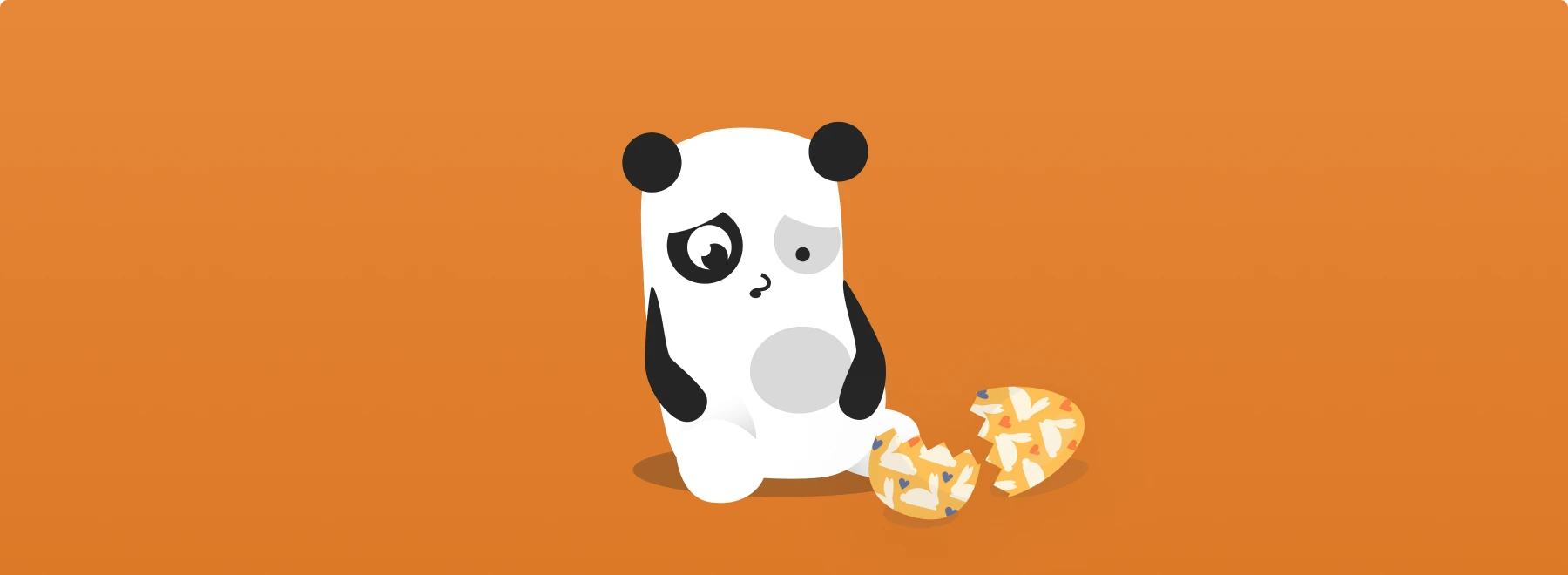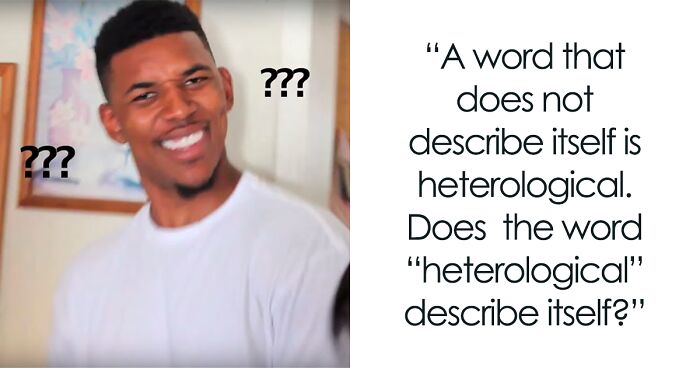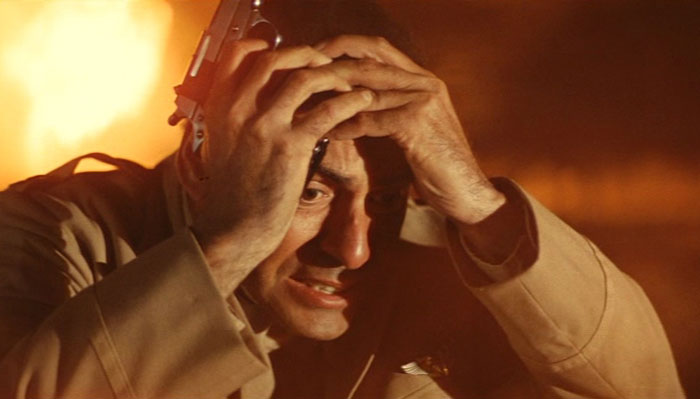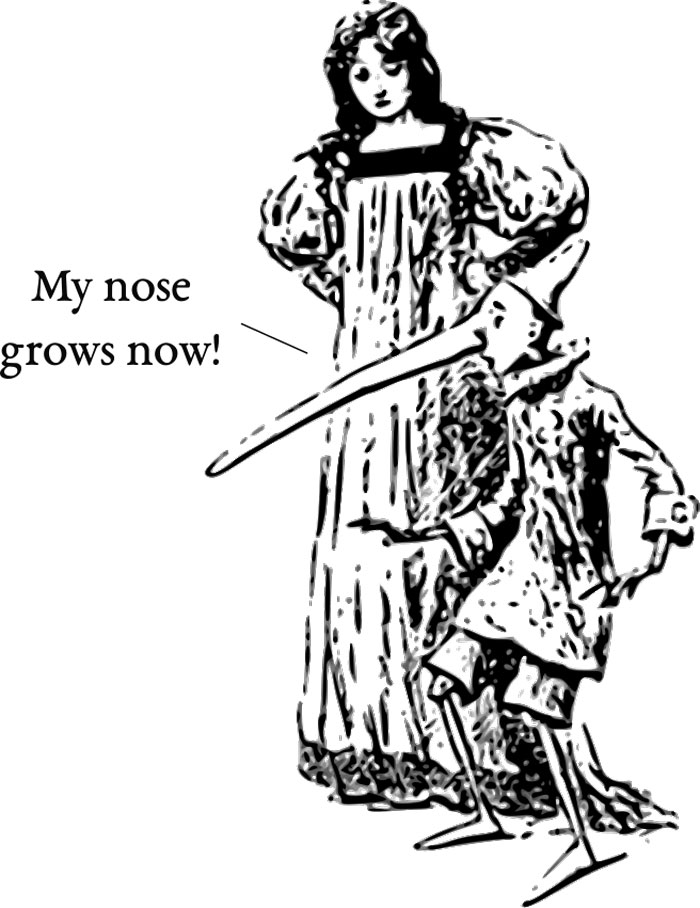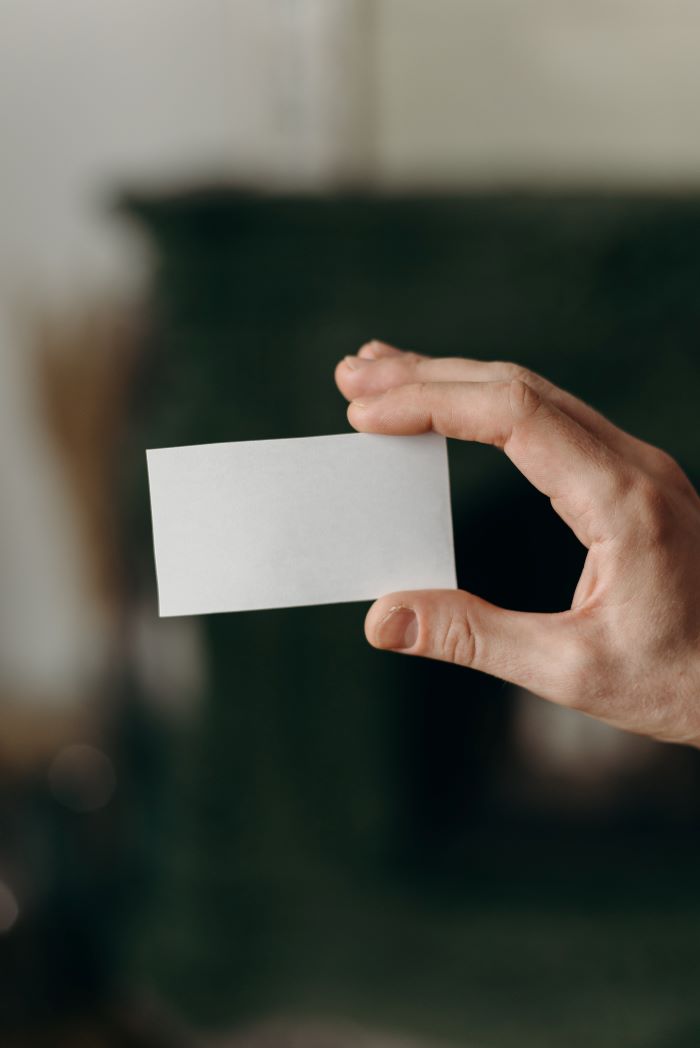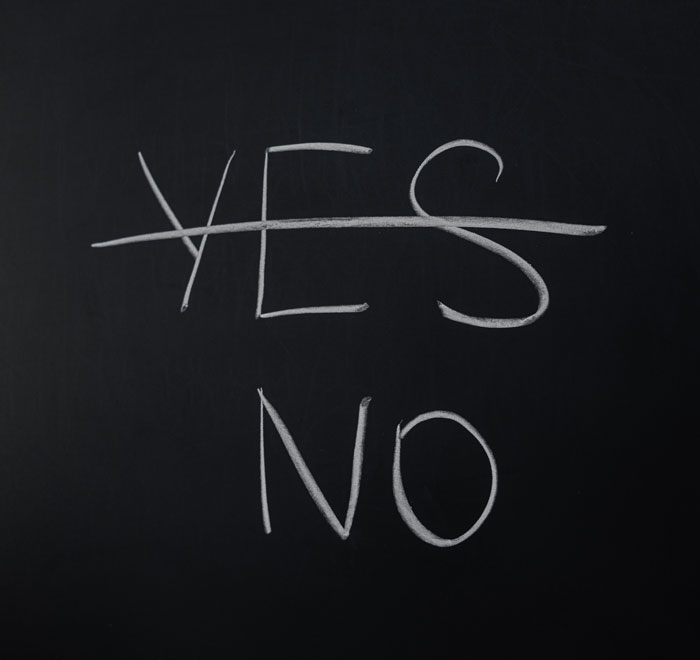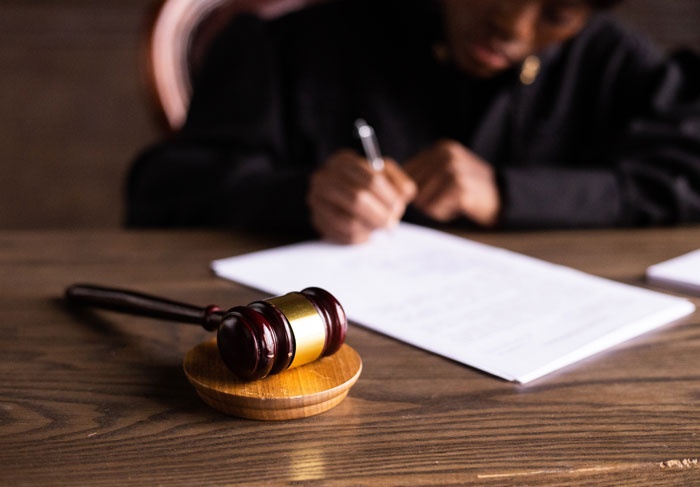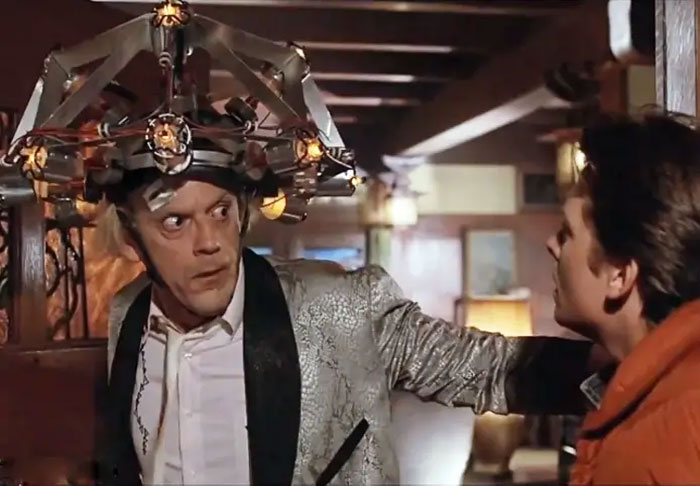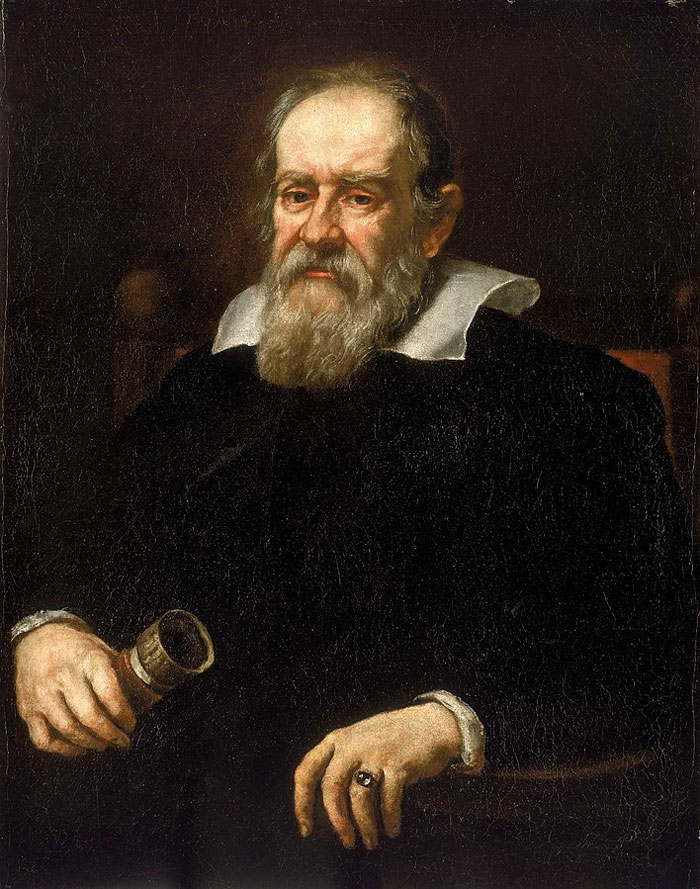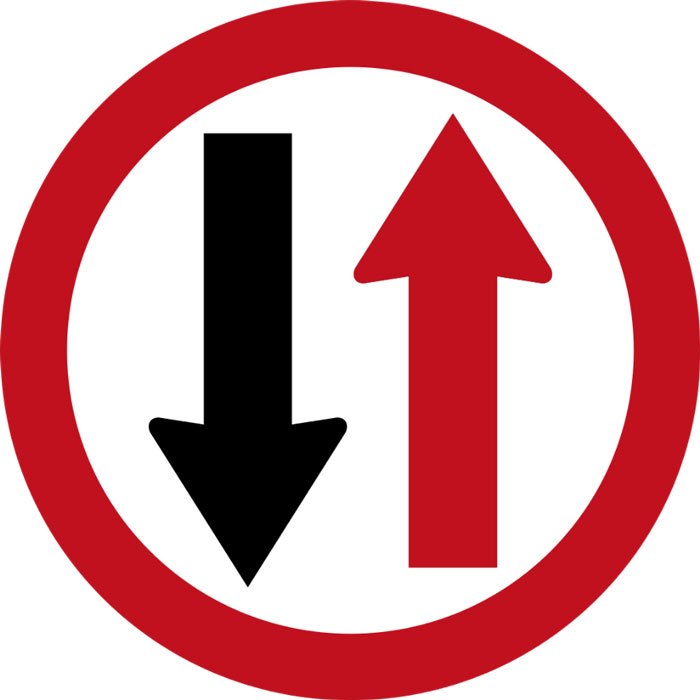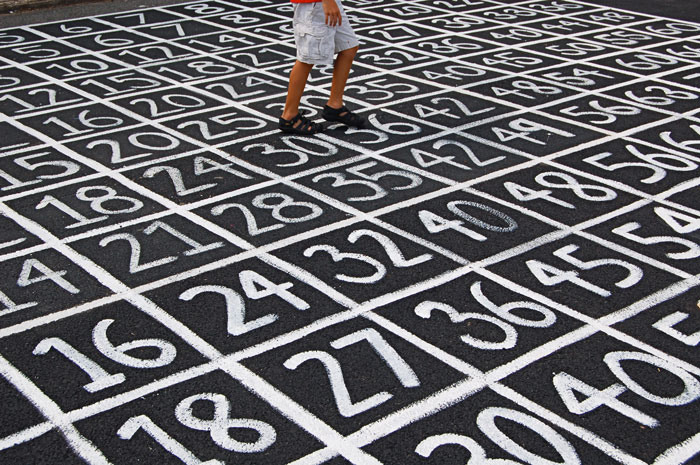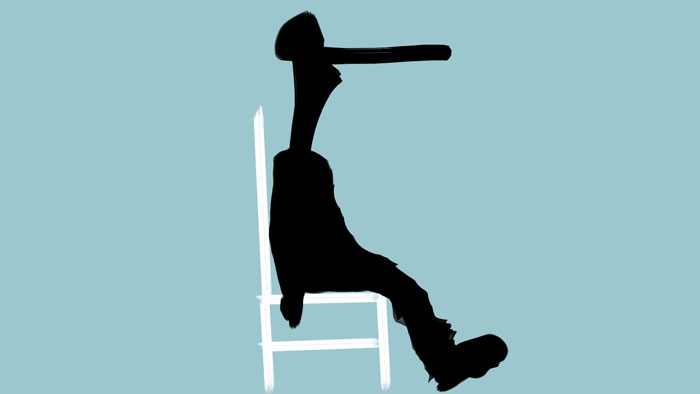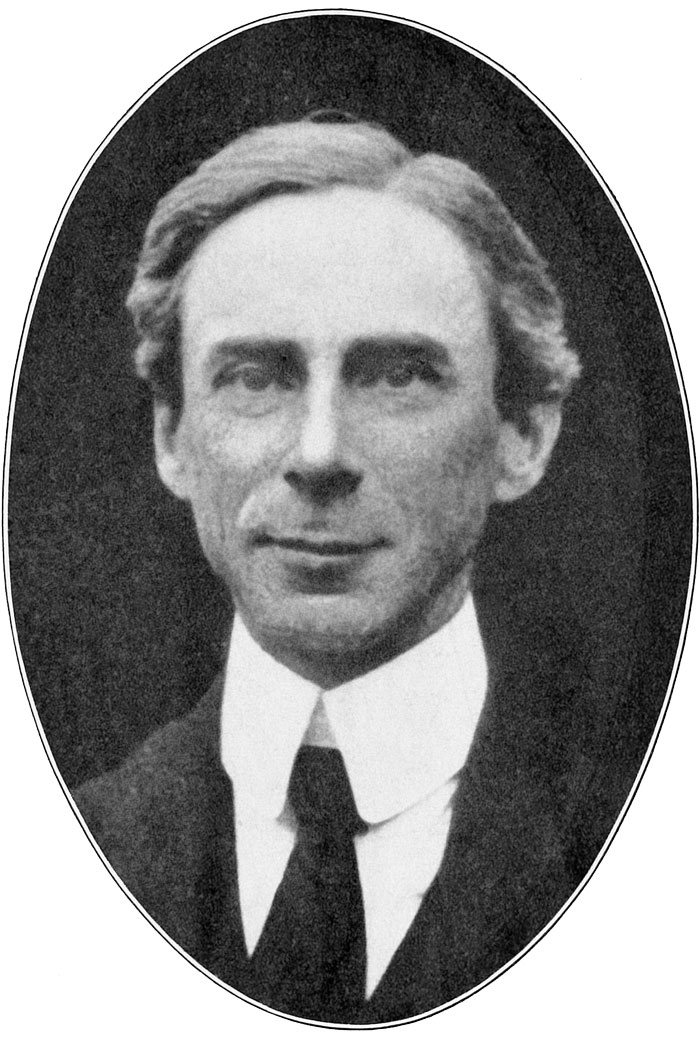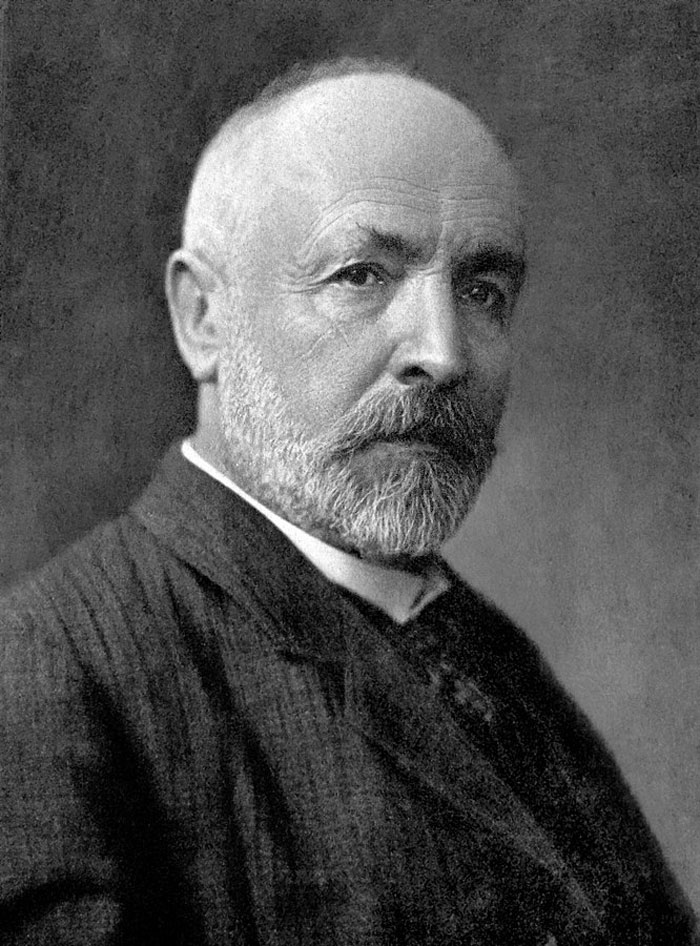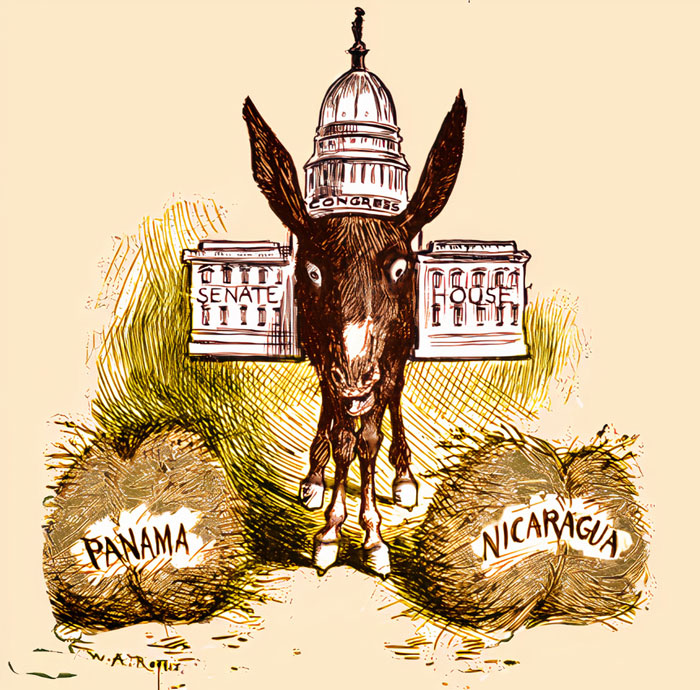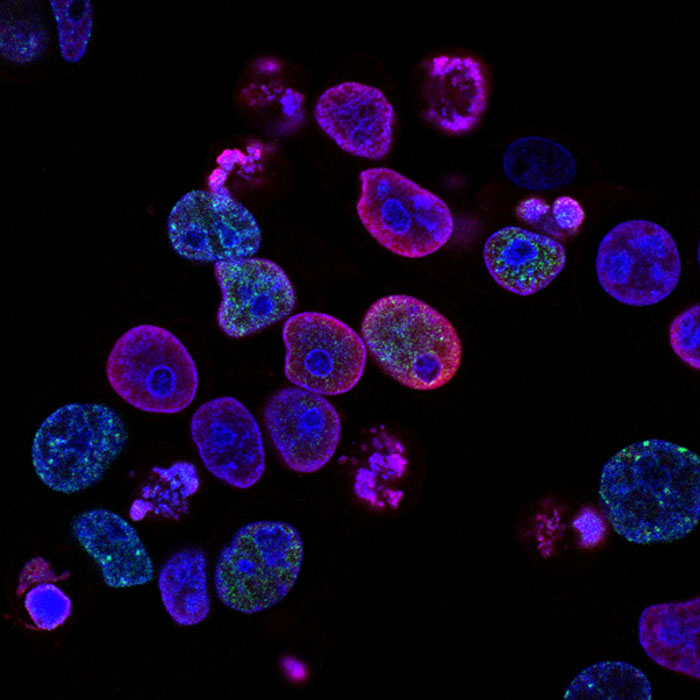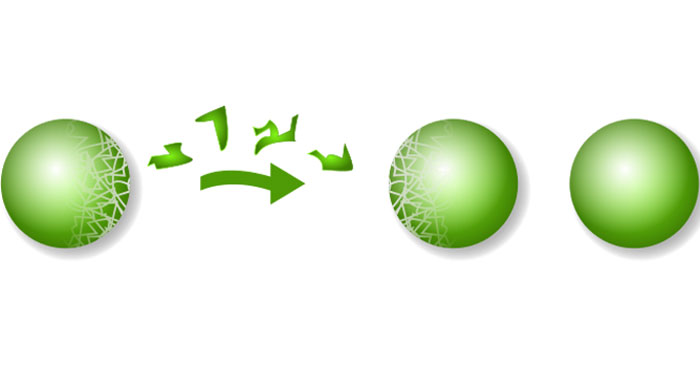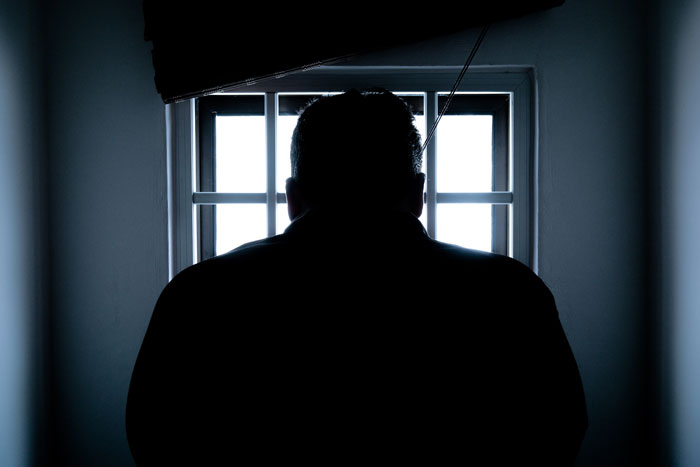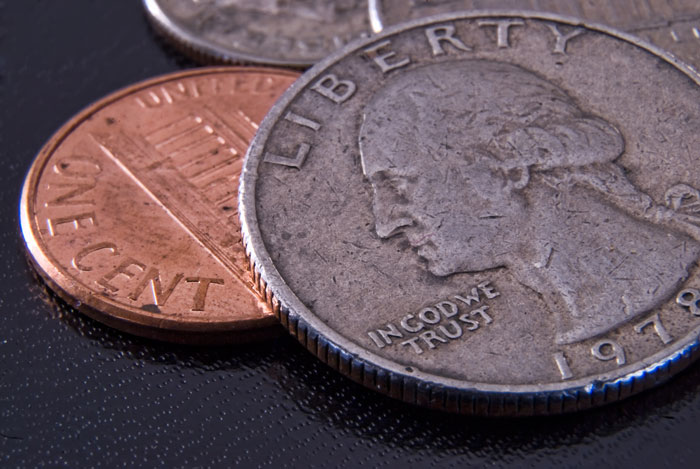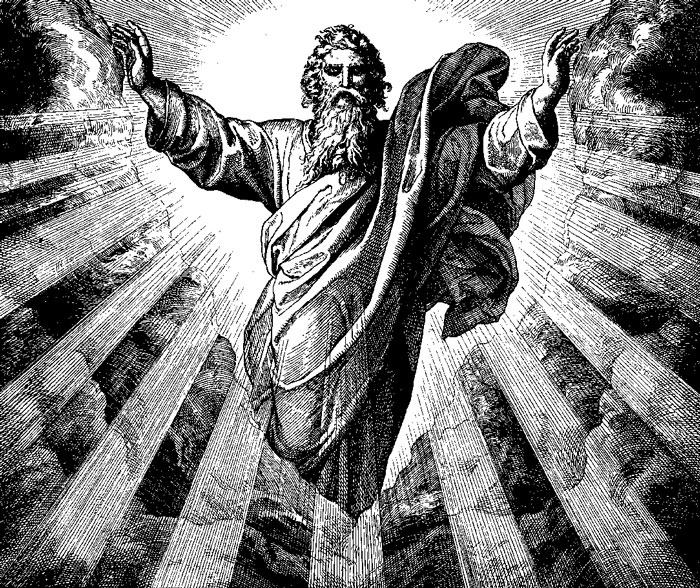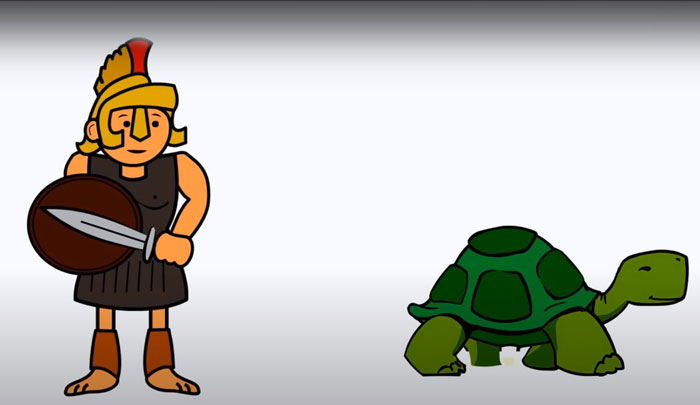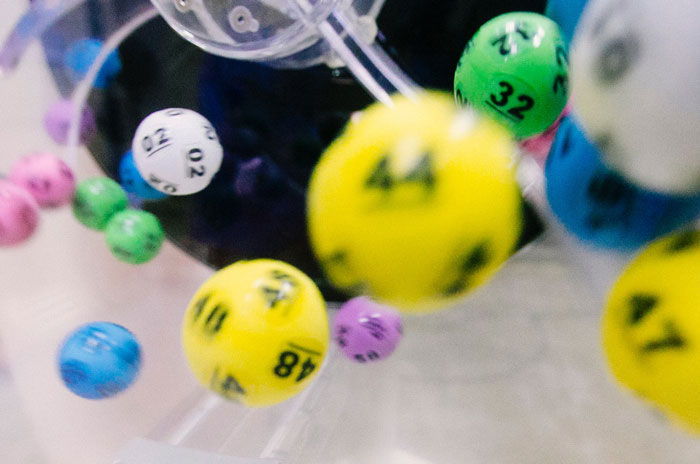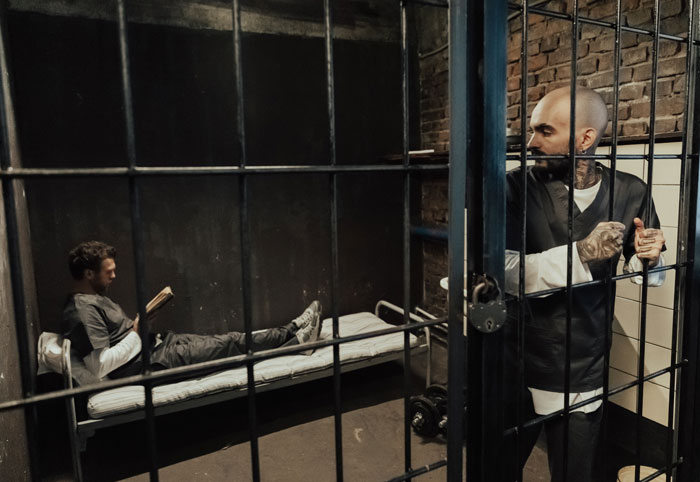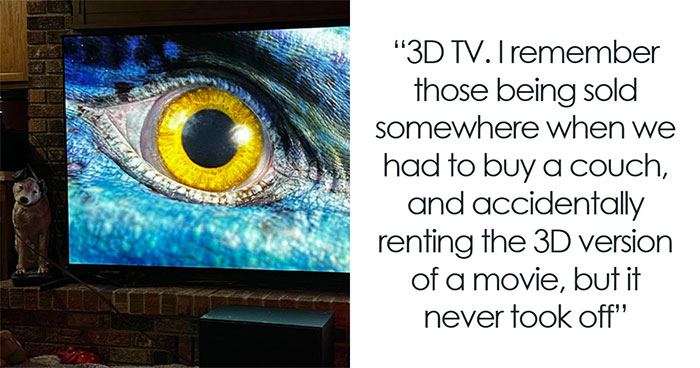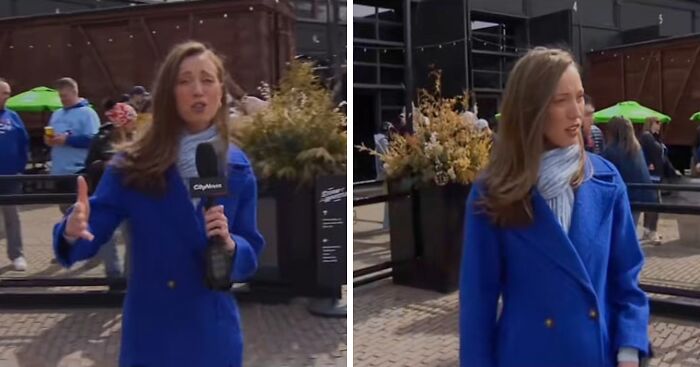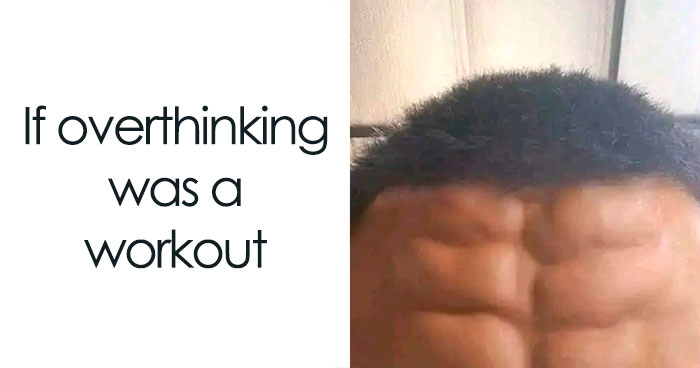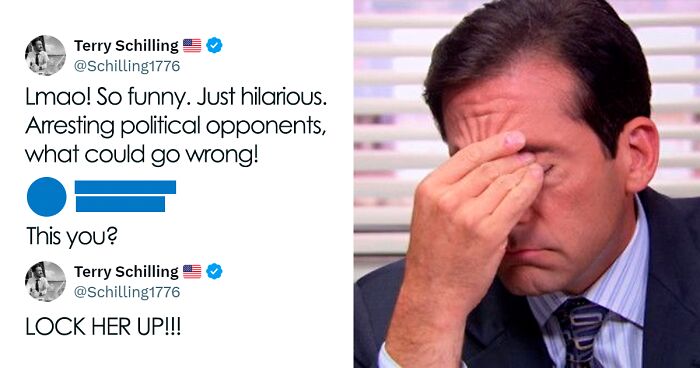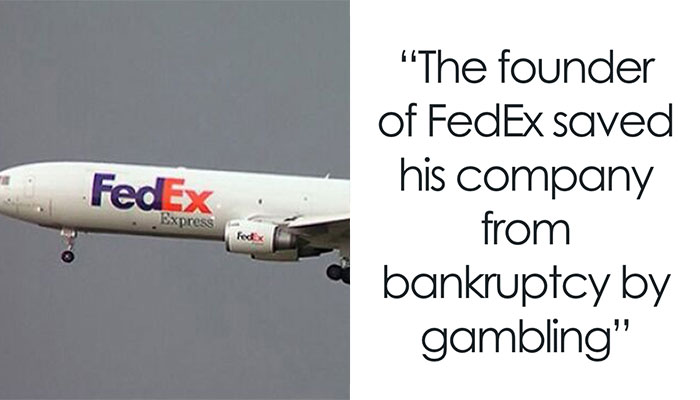Paradox Of Choice
An observation that having many options to choose from, rather than making people happy and ensuring they get what they want, can cause them stress and problematize decision-making.
Paradox Of Hedonism
If you seek pleasure or happiness for the sole purpose of achieving it for yourself, you will fail. Instead, you must pursue other goals that will bring you happiness or pleasure as a side-effect.
Happiness (or Contentment, which I believe is what is really meant) is not a pleasant sensation but rather a solid idea.
Fredkin's Paradox
The more similar two options are, the more difficult it is to decide between them, and the less consequential the decision becomes. A rational decider might find herself spending the most time on the least important decisions.
The Intentionally Blank Page Paradox
Intentionally blank page paradox: Many documents contain pages on which the text "This page is intentionally left blank" is printed, thereby making the page not blank.
Catch-22
Pilots who are psychologically unfit can bail out of combat duty, but anyone who attempts to do so establishes his sanity.
Although this is only one example of Catch-22 in action; as becomes apparent later in the book, the exact wording of Catch-22 is unknown but basically reads "f**k you, the army does what it likes"
Pinocchio Paradox
What happens when Pinocchio says "My nose grows now"? Basically, his nose would have to grow to make Pinocchio’s statement not a lie, but then it can’t grow otherwise the statement would not be a lie.
Prince Charming: You! You can't lie. So tell me, puppet... Where... is... Shrek? Pinocchio: Uh. Hmm, well, uh, I don't know where he's not. Prince Charming: You're telling me you don't know where Shrek is? Pinocchio: It wouldn't be inaccurate to assume that I couldn't exactly not say that it is or isn't almost partially incorrect. Prince Charming: So you *do* know where he is! Pinocchio: On the contrary, I'm possibly more or less not definitely rejecting the idea that in no way with any amount of uncertainty that I undeniably... Prince Charming: Stop it! Pinocchio: ...do or do not know where he shouldn't probably be, if that indeed wasn't where he isn't. Even if he wasn't at where I knew he was, that'd mean I'd really have to know where he wasn't Come on, we all thought it
Grelling–Nelson Paradox
A word that does not describe itself is heterological. Does "heterological" describe itself?
This word does not describe itself. However, the definition describes the word.
The Stability–instability Paradox
When two countries each have nuclear weapons, the probability of a direct war between them greatly decreases, but the probability of minor or indirect conflicts between them increases.
The Card Paradox
Imagine that you are holding a postcard in your hand with the words "The statement on the opposite side of this card is true" inscribed on one side. That will be Statement A. The opposing side of the card states, "The statement on the other side of this card is false," when you flip it over (Statement B). A paradox arises when attempting to assign any truth to either Statement A or B: if A is true, then B must also be true, yet for B to be true, A must be untrue. On the other hand, if A is untrue, then B must also be false, hence A must inevitably be true.
The Paradox Of The Heap
A paradox involves a heap of sand from which grains of sand are removed individually. The dilemma is to think about what happens when the process is done enough times that only one grain remains: is it still a heap? Assuming that removing a single grain does not turn a heap into a non-heap. If not, when did it go from being a heap to not being one?
No–No Paradox
Paradox consists of a pair of statements, each of which ‘says’ the other is false.
That describes most religions. If everyone else is wrong, except you, then everyone is wrong
The Willpower Paradox
The idea that people can perform tasks more effectively by focusing less directly on doing them, suggesting that direct intentional effort is not really necessarily the most effective approach to achieve a goal.
Fermi Paradox
There should be many alien civilizations in our galaxy if there is nothing particularly special about Earth. We haven't discovered any proof of extraterrestrial intelligent life, though.
Paradox Of The Court
A law student agrees to pay his teacher after (and only after) winning his first case. The teacher then sues the student (who has not yet won a case) for payment.
The Paradox Of Inquiry
If we don’t know what we don’t know, how do we know what to look for? Even if we happen to encounter what we don’t know by chance, we wouldn’t know it and wouldn’t know to inquire.
The Elevator Paradox
First noted by Marvin Stern and George Gamow, physicists who had offices on different floors. Gamow, who had an office near the bottom of the building noticed that the first elevator to stop at his floor was most often going down, while Stern, who had an office near the top, noticed that the first elevator to stop at his floor was most often going up. This creates the false impression that elevator cars are more likely to be going in one direction than the other depending on which floor the observer is on.
So it's more of a mindset. Things seeming like they're against you all the time, even when you have a 50/50 or so chance.
The Coastline Paradox
If you were to measure the coastline of a country by using a ruler on a globe, you would come out with a vastly different number than if you were to pace around the edge. The closer you look, the more wiggles and squiggliness you come across and instead of converging on a more accurate length, the coastline just keeps getting longer. The smaller your ruler, the longer it gets.
How is that a paradox? It's just physics. Or am I missing something here?
The Ship Of Theseus Paradox
Would a ship still be the same if all of its wooden components were replaced during restoration?
I really feel like the author is missing the point and/or not understanding most of these...
The Bootstrap Paradox
A younger version of the physicist who is developing a time machine comes visit. The younger version builds the time machine using the schematics that the older version gives him, and uses it to travel back in time as the older version of himself.
The question the paradox raises is, where did the schematics for the time machine come from
Galileo’s Paradox Of The Infinite
On the one hand, Galileo proposed, there are square numbers. On the other, there are those numbers that are not squares. Put these two groups together, and the total number of square numbers must be less than the total number of square and non-square numbers together. However, because every positive number has to have a corresponding square and every square number has to have a positive number as its square root, there cannot possibly be more of one than the other.
The Raven Paradox
Raven Paradox begins with the apparently straightforward and entirely true statement that “all ravens are black.” and is followed by statement that “everything that is not black is not a raven”.
The Opposite Day Paradox
If you say today is Opposite Day, then because of the rules of the game, today would be the opposite of what you just said i.e. not opposite day or a normal day. Instead, if you said it was a normal day, then it would be a normal day.
The Painter's Paradox
There is an indefinitely long "horn" that has an infinite surface area but a finite volume.
Paradox Of Entailment
A law of classical logic stating that inconsistent premises always make an argument valid; that is, inconsistent premises imply any conclusion at all.
You're really scraping the bottom of the barrel now. This one says that if 1+1=2 and 1+1=3, then Elvis must be a black lesbian. There is no paradox here, only faulty logic. Logic has improved a lot since the days of Aristotle
Wollheim's Paradox
A person can simultaneously advocate two conflicting policy options, A and B, provided that the person believes that democratic decisions should be followed.
The Interesting Number Paradox
There is something "interesting" about every number.
The Friendship Paradox
Most people's friends are more socially connected than they are. In most social networks, most users have a small number of friends, yet a chosen few people have a large number of friends, which leads to the friendship paradox. Those social butterflies in the second group disproportionately appear as friends of those with fewer friends, which raises the average number of friends-of-friends in a similar manner.
The Liar Paradox
A paradox exists when someone says, "This statement is a lie" or "This statement is false," because if it were true, the statement would be stating the truth. However, if the statement is accurate, it would reject the claim that it is a lie. The fact that this statement conflicts with itself shows that it can be both true and false.
The Grandfather Paradox
The name comes from the idea that if a person travels to a time before their grandfather had children, and kills him, it would make their own birth impossible.
Irresistible Force Paradox
What happens when an unstoppable force meets an immovable object?
Russell's Paradox
If you have a list of lists that do not list themselves, then that list must list itself, because it doesn't contain itself. However, if it lists itself, it then contains itself, meaning it cannot list itself.
Let’s change the sentence by switching out words and putting just one back in: “If you have a banana that does not banana banana banana banana bandana (got you there) banana banana BUT ITS BETTER THAN TWILIGHT.”
The Sleeping Beauty Paradox
The Sleeping Beauty problem is a puzzle in decision theory in which whenever an ideally rational epistemic agent is awoken from sleep, she has no memory of whether she has been awoken before. Upon being told that she has been woken once or twice according to the toss of a coin, once if heads and twice if tails, she is asked her degree of belief for the coin having come up heads.
Cantor's Paradox
The set of all sets would have its own power set as a subset, therefore its cardinality would be at least as great as that of its power set. But Cantor's theorem proves that power sets are strictly greater than the sets they are constructed from. Consequently, the set of all sets would contain a subset greater than itself.
The Hedgehog's Paradox
It is a metaphor about the challenges of human intimacy. A group of hedgehogs seek to move close to one another to share heat during cold weather. They must remain apart, however, as they cannot avoid hurting one another with their sharp spines. Though they all share the intention of a close reciprocal relationship, this may not occur, for reasons they cannot avoid.
Hedgehogs can lie their spines flat. How else do you think they mate, just flick sperm at each other across the den?
Paradox Of Place
Everything is somewhere: so places are in a place, which is in turn in a place, etc.; this generates an infinite regression.
The woman in the photo is wearing a black dress that someone ripped the rear end out of. So she wore jeans to keep it modest. What is going on here?
The Dichotomy Paradox
To get somewhere, you must first travel halfway; after that, you must travel the remaining distance in halves, and so on endlessly. Thus movement is not possible.
The Buridan’s Donkey Paradox
It is an illustration of a paradox in philosophy in the conception of free will. It refers to a hypothetical situation wherein a donkey that is equally hungry and thirsty is placed precisely midway between a stack of hay and a pail of water. Since the paradox assumes the donkey will always go to whichever is closer, it dies of both hunger and thirst since it cannot make any rational decision between the hay and water.
Water=more important than food (in most cases). I would choose the water...
The Boy Or Girl Paradox
Consider a situation where there are two kids in the family, one of them is a boy. What is the chance that the other child is a boy, then? Given that there can only be one other child and that there are fairly similar odds of having a boy or a girl, the logical response is that the probability is 1/2. However, the possibility that the other child is a boy must actually be 1/3, not 1/2.
Peto’s Paradox
Biologist Richard Peto noticed in the 1970s that mice had a much higher rate of cancer than humans do, which doesn’t make any sense. Humans have over 1000 times as many cells as mice, and cancer is simply a rogue cell that goes on multiplying out of control. One would expect humans to be more likely to get cancer than smaller creatures such as mice. This paradox occurs across all species, too.
But mice don't live as long as humans. Therefore, they don't need as strict protection against cancer because it won't shorten their lives that much.
The Barber Paradox
There is a barber who lives on an island. The barber shaves all those men who live on the island who do not shave themselves, and only those men.
The barber cannot shave himself as he only shaves those who do not shave themselves. Thus, if he shaves himself he ceases to be the barber. Conversely, if the barber does not shave himself, then he fits into the group of people who would be shaved by the barber, and thus, as the barber, he must shave himself.
There's a very easy solution to this paradox - hire a female barber.
Banach-Tarski Paradox
A ball that can be cut into a finite number of pieces can be reassembled into two balls of the same size.
They didn't say the two balls were the same size as the first one, just the same size as each other...right?
The Unexpected Hanging Paradox
Also known as surprise test paradox is a paradox about a person's expectations about the timing of a future event which they are told will occur at an unexpected time. The paradox is variously applied to a prisoner's hanging or a surprise school test.
The Teletransportation Paradox
Imagine that there’s a “teletransporter” machine on Earth. It puts you to sleep, records your molecular composition, breaks you down into your constituent atoms, and relays that information to somewhere on Mars at the speed of light. At the receiving end on Mars, a machine recreates your body atom by atom down to the last detail. When that body wakes up, it will have all your memories and all the parts that make you who you are. Now, is the person on Mars still the same person as the one who entered the teletransporter on Earth?
The Coin Rotation Paradox
A moving coin completes one full revolution after only going half the way around the stationary coin.
This is simply comparing rolling diameter to stationary diameter. Not so much a paradox as what physicists might call a diaper full of spiders.
The Paradox Of Tolerance
Should one tolerate intolerance if intolerance would destroy the possibility of tolerance?
By this model, intolerance always exists at the sufferance of tolerance, no matter how oppressive it may be in practice, and thereby always carries the seed of its own destruction.
The Arrow Paradox
Motion is not possible since an object in motion is always equivalent to an object that is not in motion.
This is why in physics we usually describe "relative" motion. There must be a reference point to determine any meaningful information about motion.
Omnipotence Paradox
The omnipotent being cannot create a stone it cannot lift.
The omnipotent being is beyond mass, and is created by mind. The actual paradox is the creation.
The Drinker Paradox
In a bar, there is always at least one customer for whom the statement "If he drinks, everyone drinks" is true.
The Crocodile Paradox
The premise states that a crocodile, who has stolen a child, promises the parent that their child will be returned if and only if they correctly predict what the crocodile will do next.
The Schrödinger's Cat Paradox
This paradox states that if you put a cat in a box with a poison that might kill it, at the end of an hour the cat has a 50% chance of being alive, and a 50% chance of being dead. According to quantum mechanics, since we can't see in the box to know if the cat is alive or dead, the cat is both alive and dead.
This isn't a paradox. The whole point is that a cat can only be either alive or dead, not both. Schrodinger was making the point that things that may be true on a quantum mechanical level, such as the superposition of potential states, don't work in the realm of classical (i.e. macro-scale) physics.
The Achilles And The Tortoise Paradox
According to Zeno's argument, Achilles can never overtake a tortoise in a footrace if he gives him a head start. In order to pass the tortoise, Achilles must first reach the initial position of the tortoise.
The Green Paradox
The owners of fossil fuel resources are forced to increase resource extraction, which in turn intensifies global warming, as a result of an environmental policy that continually becomes greener.
I'm not sure why they are forced to do anything. You would only increase extraction if there was a market for it. If we have discovered a reliable alternative energy source then the fossil fuel industry will be obsolete because nobody will be buying their product so they won't be making any money. They'll close all the pipes much like they did with coal mines in the eighties in the UK. This sounds to me like fossil fuel industry propaganda.
The Paradox Of Enrichment
Increasing the food available to an ecosystem may lead to instability, and even to extinction.
Supposes that food supply and food supply alone is the gold standard of a thriving ecosystem
Sayre's Paradox
In automated handwriting recognition, a cursively written word cannot be recognized without being segmented and cannot be segmented without being recognized.
The Paradox Of Fiction
How can people experience strong emotions from purely fictional things? How are people moved by things which do not exist?
The Potato Paradox
100 grams of potato contain 99% water. It will only weigh 50 grams if it evaporates 98% water.
It will weigh 50 grams if it dries to the point where it's 98% water. Important distinction. The potato has 99g water and 1g other. If 50g of water evaporates (about half), it will be 49:1, 98% water.
The Lottery Paradox
In the lottery paradox, it is assumed that a ticket is purchased from a large number of tickets, one of which is assured of winning.
More of a logical fallacy than a paradox. For it to be a paradox all assumptions must be true, and it's statistically improbable for all possible lottery tickets to be sold, thus rendering your final statement unrue.
The Barbershop Paradox
The supposition that, 'if one of two simultaneous assumptions leads to a contradiction, the other assumption is also disproved' leads to paradoxical consequences.
The Temperature Paradox
1. The temperature is rising.
2. The temperature is ninety.
3. Therefore, ninety is rising.
To correctly predict the invalidity of this argument, a formalization must capture the fact that the first premise makes an assertion about how the temperature changes over time, while the second makes an assertion about the temperature at a particular point in time.
The Knower's Paradox
It consists in considering a sentence saying of itself that it is not known, and apparently deriving the contradiction that such sentence is both not known and known.
If a BP list falls flat on its face deep in the forest, with no one hear it, does it make any sound?
Ant On A Rubber Rope
An ant starts to crawl along a taut rubber rope 1 km long at a speed of 1 cm per second. At the same time, the rope starts to stretch uniformly at a constant rate of 1 km per second, so that after 1 second it is 2 km long, after 2 seconds it is 3 km long, etc. Will the ant ever reach the end of the rope?
After 1s, ant is 1 cm out of 1 km along. After stretching, BOTH of these numbers increase, so it's now 2 cm out of 2 km. Let's reframe this and look at the ant's position as a part of the whole. Now, the rope will always have length 100,000, and the ant will go 1cm, then 1/2 cm, then 1/3 cm, etc. This is the harmonic series, which diverges. So the ant will reach the end of the rope eventually.
The False Positive Paradox
A test that is accurate the vast majority of the time could show you have a disease, but the probability that you actually have it could still be tiny.
The Prevention Paradox
For one person to benefit, many people have to change their behavior – even though they receive no benefit, or even suffer, from the change.
The Birthday Paradox
There is a better-than-even chance that at least two of the 23 people in a room share the same birthday.
Lazy Bones Paradox
Everything that happens is destined to happen. If I am ill and it is my destiny to regain health, then I will regain health whether I visit a doctor or not. If it is my destiny to not regain my health, then seeing a doctor can't help me.
The Low Birth-Weight Paradox
It is a paradoxical observation relating to the birth weights and mortality rate of children born to tobacco smoking mothers. Low birth-weight children born to smoking mothers have a lower infant mortality rate than the low birth weight children of non-smokers.
Smoking causes low birth weight via a different and less morbid mechanism from other causes, obviously
The Prisoner's Paradox
Two people might not cooperate even if it is in both their best interests to do so.
It's the Prisoners Dilemma, not the Prisoners Paradox. And it's a Game Theory thought experiment that deals with analyzing and predicting the actions of rational agents; not a paradox...
Lombard's Paradox
When rising to stand from a sitting or squatting position, both the hamstrings and quadriceps contract at the same time, despite their being antagonists to each other.
The Observer's Paradox
It is a situation in which the phenomenon being observed is unwittingly influenced by the presence of the observer/investigator.
Some good info here! A few of these could use better explanations and quite a few others aren't actually paradoxes, but it's a good start on the topic.
All of these are actually interesting, but not all are paradoxes. Some are variants of each other. Also some are presented incorrectly because the author didn't actually understand them.
Some good info here! A few of these could use better explanations and quite a few others aren't actually paradoxes, but it's a good start on the topic.
All of these are actually interesting, but not all are paradoxes. Some are variants of each other. Also some are presented incorrectly because the author didn't actually understand them.

 Dark Mode
Dark Mode 

 No fees, cancel anytime
No fees, cancel anytime 




